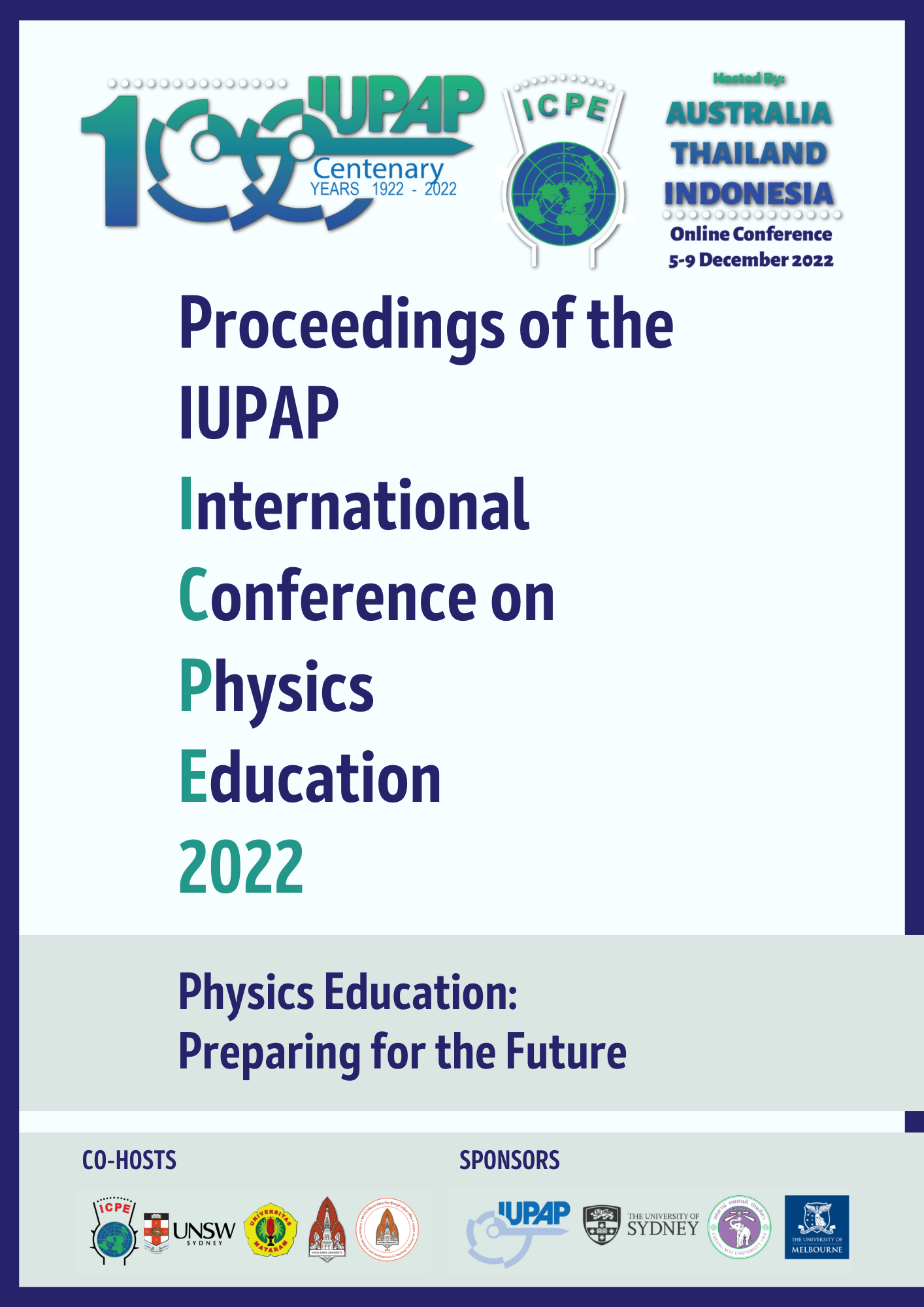Explicit teaching of models to enrich physical science learning
Keywords:
scientific models, metacognitionAbstract
Good teaching inducts students into science as a human endeavour and demonstrates that scientific knowledge arises from a process of model construction, testing and review. The historical evolution of scientific knowledge is the development and refinement of models to explain scientific observations. The explicit use of models in teaching facilitates metacognitive engagement, which can lead to improved conceptual understanding (Kenyon et al., 2008).
The Science curriculum in Victoria, Australia is modelled on the Australian national curriculum and begins with an explicit aim of students developing an understanding of “the nature of scientific inquiry and the ability to use a range of scientific inquiry methods.” Models are mentioned frequently in the more detailed curriculum statements. For example, the curriculum strand “Science as a human endeavour” includes the following statement: “Scientific understanding, including models and theories, are contestable and are refined over time through a process of review by the scientific community.”
In this work we present examples of the representation of models in the secondary physical science curriculum and highlight opportunities for enriching the teaching of science through the explicit introduction of the history and nature of the model, with an emphasis on linking to metacognition (Avargil et al., 2017).
REFERENCES
Avargil, S., Lavi, R., & Dori, Y. (2017). Students’ Metacognition and Metacognitive Strategies in Science Education, in Y.J. Dori, Z.R. Mevarech, & D.R. Baker (ed.). Cognition, metacognition, and culture in STEM education: Learning, teaching and assessment, Springer International Publishing AG, 33-64.
Kenyon, L., Schwarz, C. & Hug, B. (2008), The Benefits of Scientific Modeling. Science and Children, 46(2), 40-44.
Downloads
Published
Issue
Section
License
Authors who publish with the Proceedings of the International Conference on Physics Education 2022 agree to the following terms:
a) Authors retain copyright and grant the journal right of first publication with the work simultaneously licensed under a Creative Commons Attribution License (https://creativecommons.org/licenses/by/4.0/) that allows others to share the work with an acknowledgement of the work's authorship and initial publication in this journal.
b) Authors are able to enter into separate, additional contractual arrangements for the non-exclusive distribution of the journal's published version of the work (e.g., post it to an institutional repository or publish it in a book), with an acknowledgement of its initial publication in this journal.
c) Authors are permitted and encouraged to post their work online (e.g., in institutional repositories or on their website) prior to and during the submission process, as it can lead to productive exchanges, as well as earlier and greater citation of published work (See The Effect of Open Access - http://opcit.eprints.org/oacitation-biblio.html).
Privacy Statement The names and email addresses entered in the Proceedings of the International Conference on Physics Education 2022 site will be used exclusively for the stated purposes of this journal and will not be made available for any other purpose or to any other party.
